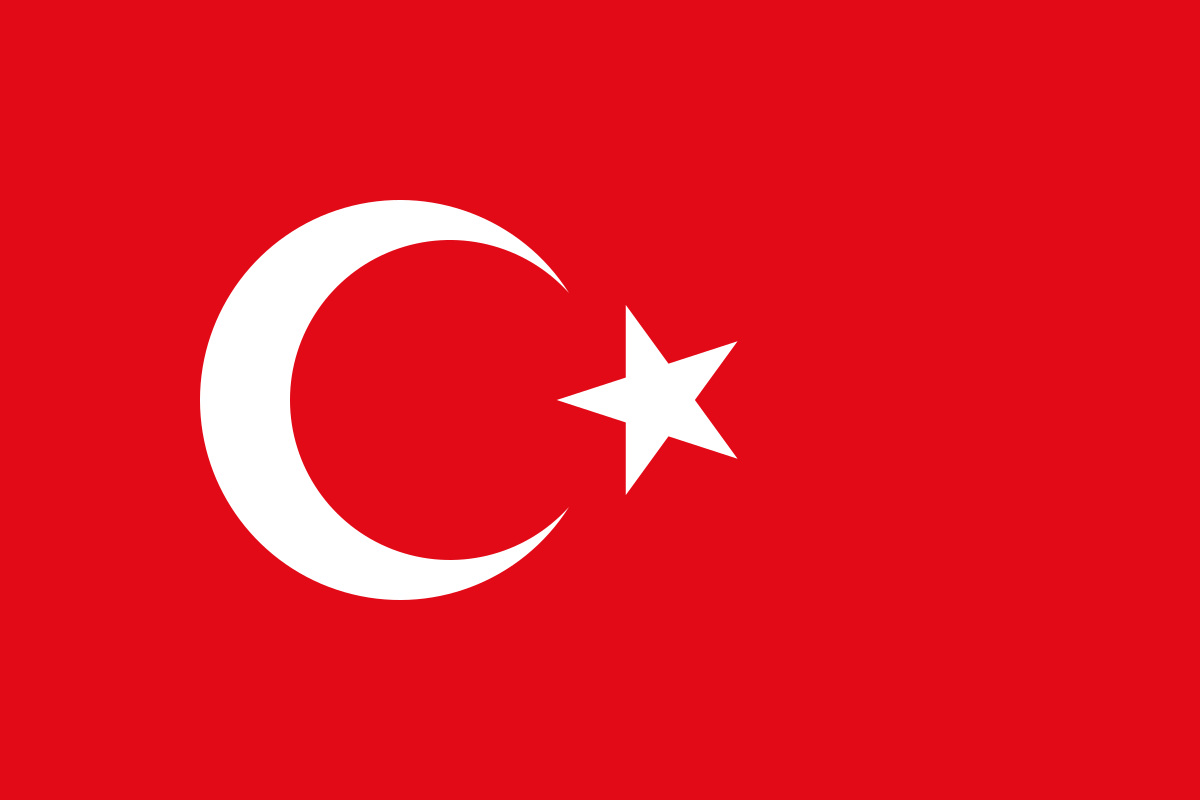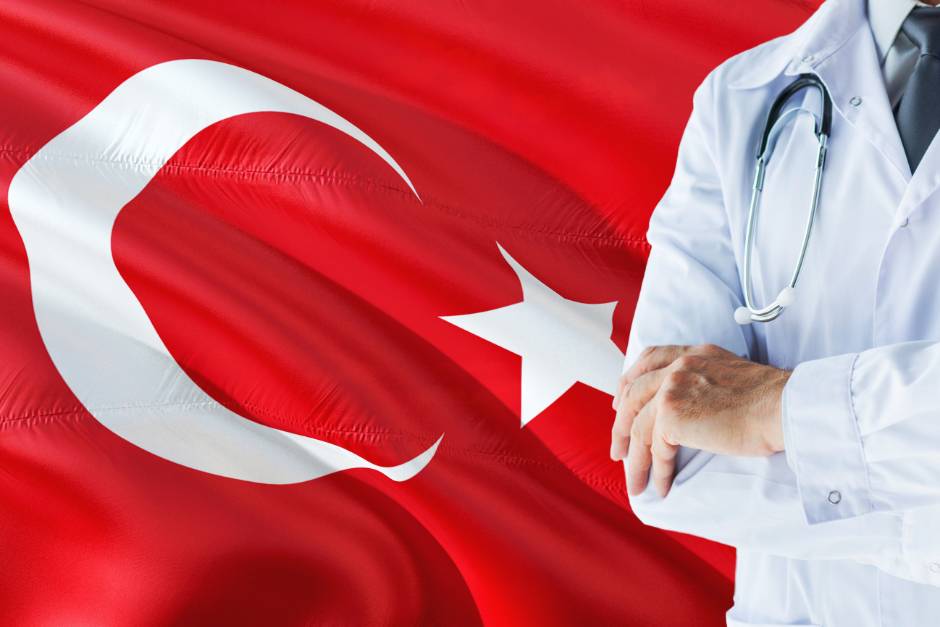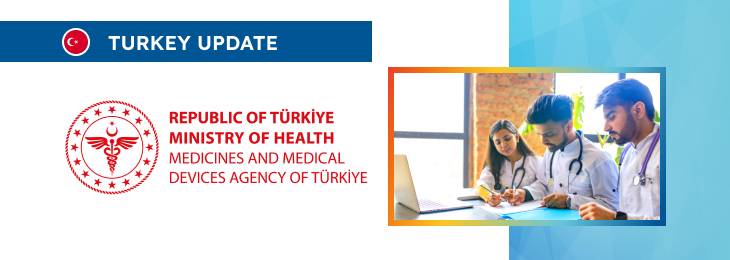The article highlights the critical points related to the legal framework for medical device testing, control, and calibration.

Table of content
The Turkish regulating authority(TMMDA) has published a revised guidance document dedicated to testing, control, and calibration activities for medical devices. The document provides an overview of the applicable regulatory requirements and additional clarifications and recommendations to be considered by medical device manufacturers and other parties involved to ensure compliance with it.
The authority also reserves the right to change the guidance and recommendations provided therein, should such changes be reasonably necessary to reflect corresponding amendments to the underlying legislation.
Purpose and Scope
In particular, the document is intended to outline the procedures and principles for implementing the Regulation on Testing, Control, and Calibration of Medical Devices, as stated in the Official Gazette No. 29397 dated June 25, 2015.
The document aims to ensure compliance and standardization in the management of medical devices within the specified regulatory framework.
Recommendations provided in the guidance are based on the provision of the Presidential Decree (Articles 506, 508, and 796) dated July 15, 2018, No. 4, and the Regulation above published in the Official Gazette No. 29397 on June 25, 2015. Thus, the document explains and clarifies the relevant regulatory provisions of the existing legislation to ensure their proper interpretation.

Terms and Definitions
To assist the parties involved with interpreting the relevant provisions of the applicable regulations and following the requirements set forth therein, the document also provides definitions of the key terms and concepts used in the context of testing, control, and calibration of medical devices intended to be marketed and used in the country. The term defined includes, among other things, the following:
- Responsible Manager Working Certificate: Issued to the manager overseeing testing, control, and calibration activities.
- Expert Working Certificate: Granted to individuals serving as experts in medical device management.
- ÜTS (Product Tracking System): A digital framework for tracking medical devices.
- Regulation: Refers specifically to the Regulation on Testing, Control, and Calibration of Medical Devices.
Application Procedure: Overview
The document further describes in detail the application procedure to be followed by the interested parties, highlighting the key considerations to be taken into account to ensure compliance with the existing legal framework.
Authorization Process
As mentioned, entities seeking authorization to conduct testing, control, and calibrate medical devices must adhere to the relevant regulatory requirements. The authority explains that applications are processed electronically, negating the need for physical documentation.
The process is streamlined through the ÜTS platform, allowing for efficient submission and management of applications.
Application Steps
The detailed steps include accessing the ÜTS platform, entering organizational details, adding personnel information, and submitting documents related to reference hardware and calibration reports.
Each step ensures that applicants provide comprehensive information and documentation supporting their ability to meet regulatory standards.
Application Review
Following application submission, a review process commences. During this stage, the authority evaluates the completeness and compliance of the information provided. This includes assessing application fees, on-site examinations, and verification of submitted documents.
Deficiency Management
In cases where deficiencies are identified, applicants are notified and given a period to address these issues. The process allows for the electronic submission of corrective documentation through ÜTS.
Issuance of Authorization Certificates
Successful applications result in issuing Authorization Certificates, including specific certificates for responsible managers and experts.
These documents formalize the authorization to perform testing, control, and calibration services on medical devices.
Certificate Management
Authorized entities can manage their certification through ÜTS, allowing for updates and modifications to reflect personnel or reference equipment changes.
This digital management ensures ongoing compliance with regulatory standards while facilitating and streamlining the relevant regulatory procedures.
Consequences of Non-Compliance
By the applicable legislation, failure to correct identified deficiencies within the specified period results in application cancellation and forfeiture of any associated fees. This highlights the importance of maintaining compliance and addressing any regulatory concerns promptly.
Conclusion
The present guidance issued by the Turkish regulating authority provides a comprehensive overview of the regulatory requirements associated with medical device testing, calibration, and control. The document highlights the critical points related to the relevant regulatory procedures.
It provides additional clarifications to ensure legal clarity and assist the parties involved with achieving and ensuring compliance with the existing legislation.
How Can RegDesk Help?
RegDesk is a holistic Regulatory Information Management System that provides medical device and pharma companies with regulatory intelligence for over 120 markets worldwide. It can help you prepare and publish global applications, manage standards, run change assessments, and obtain real-time alerts on regulatory changes through a centralized platform. Our clients also have access to our network of over 4000 compliance experts worldwide to obtain verification on critical questions. Global expansion has never been this simple.

